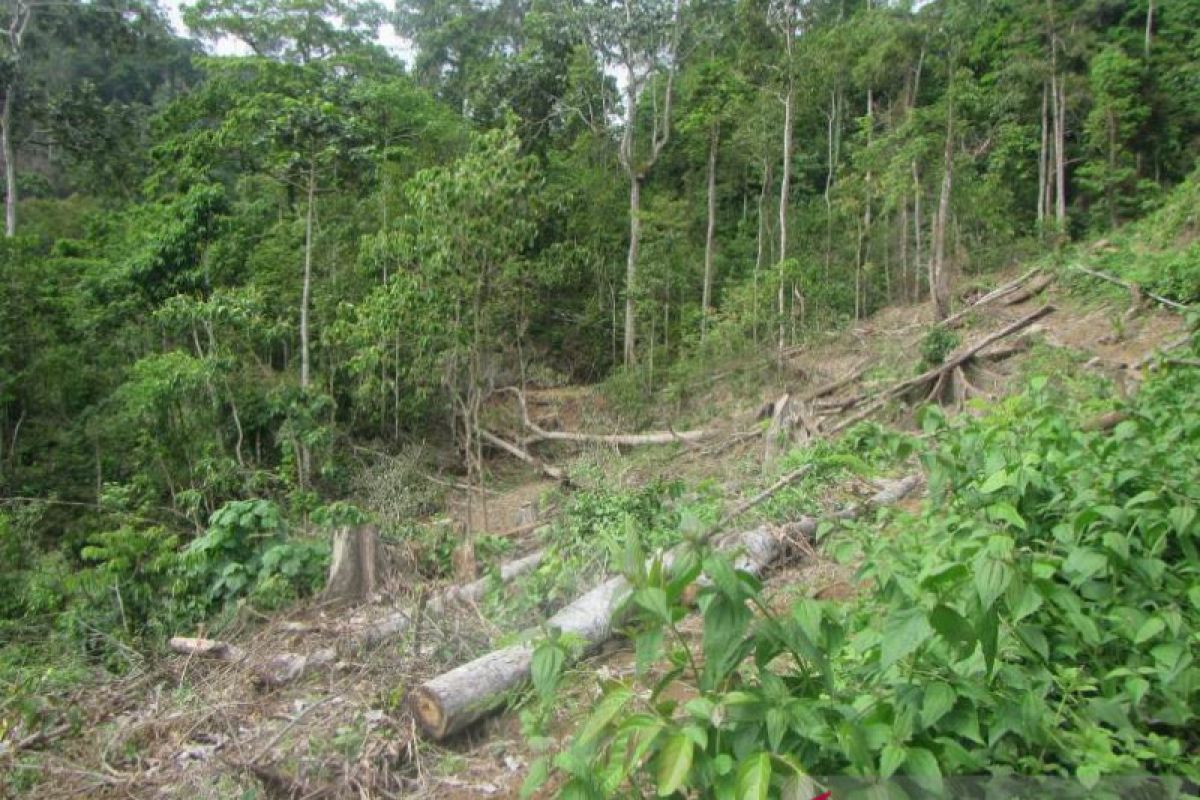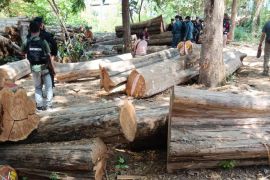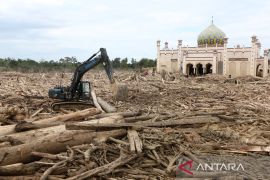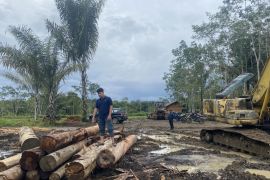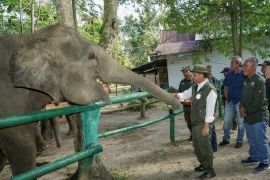"Damage caused to the Apusan forest, which comes under Perhutani's management, is estimated to reach 200 hectares, of the total 500.20 hectares of the preserved forest area," Coordinator for the Lowland Forest Conservation Program of Profauna Indonesia Erik Yanuar stated here on Friday.
Yanuar noted that the forest served as a habitat for varied species of wild and protected animals.
"Hornbills are rare species. They generally build their nests on tall trees, measuring over 40 centimeters in diameter. They nest along with their young ones in tree cavities or holes built by pecking a hole through the tree's trunk," he noted.
During its observation from December 2018 to February 2019, Profauna spotted two groups of the Javan leaf monkey, with each group comprising seven to 10 monkeys.
Yanuar recalled the local residents as saying that they were able to easily spot tens of hornbills when the forest was still in good condition.
The forest is home to several avian species: the crested serpent eagle (Spilornis cheela), white-bellied sea eagle (Haliaeetus leucogaster), sooty-headed bulbul (Picnonotus aurigaster), yellow-vented bulbul (Picnonotus goiavier), blue-eared barbet (Megalaima australis), flame-fronted barbet (Megalaima armillaris), collared kingfisher (Todirhampus chloris), small blue kingfisher (Alcedo coerulescens), and long-tailed macaque (Macaca fascicularis).
Yanuar has called on the government to put a halt to illegal logging activities and to conduct rehabilitation of the damaged forests.
"The damage caused to the forest has triggered concerns among villagers, as it could make the area prone to floods and landslides," he remarked.
According to Law No. 41 of 1999 on forestry, those found involved in illegal logging in preserved forests are liable to be imprisoned for up to 10 years and fined Rp5 billion.
Translator: Endang S, Sri Haryati
Editor: Rahmad Nasution
Copyright © ANTARA 2019
